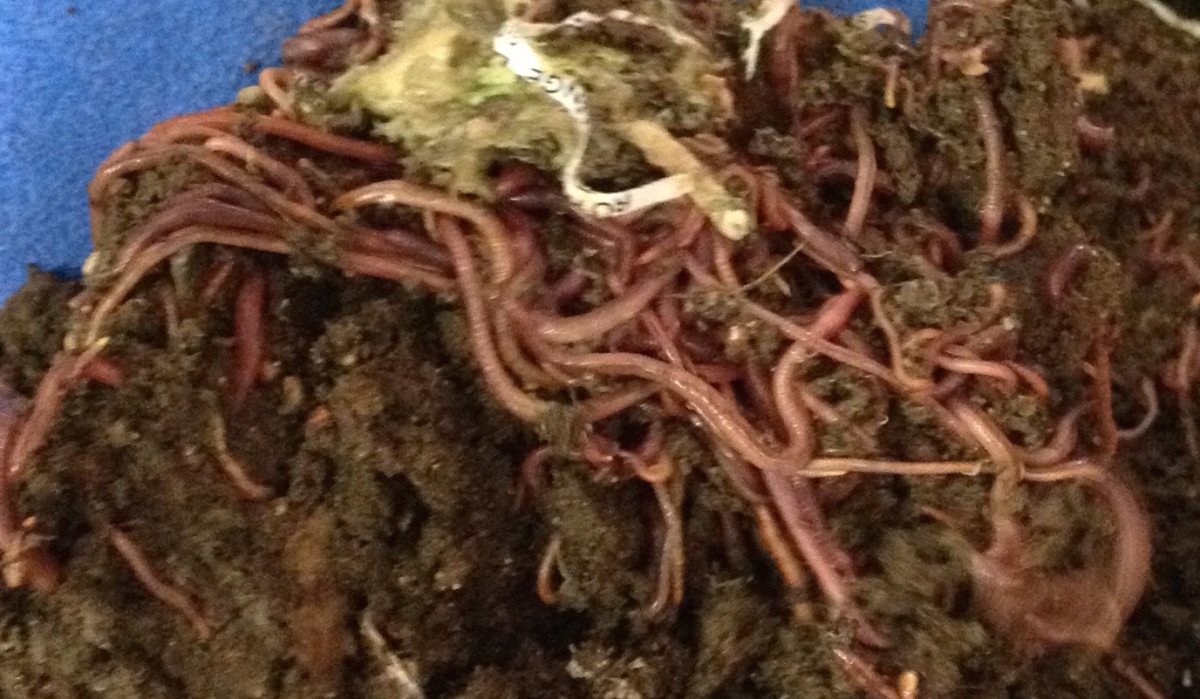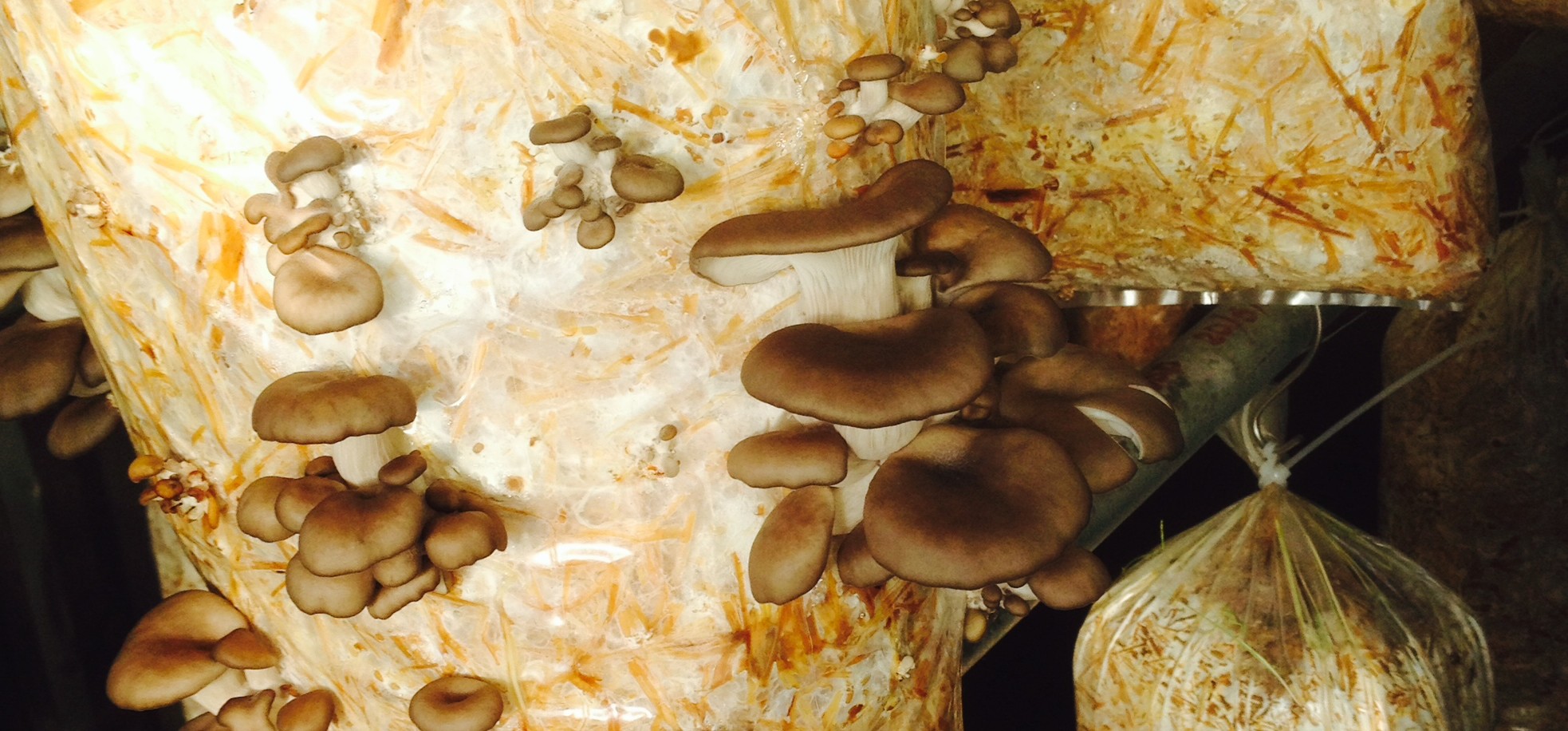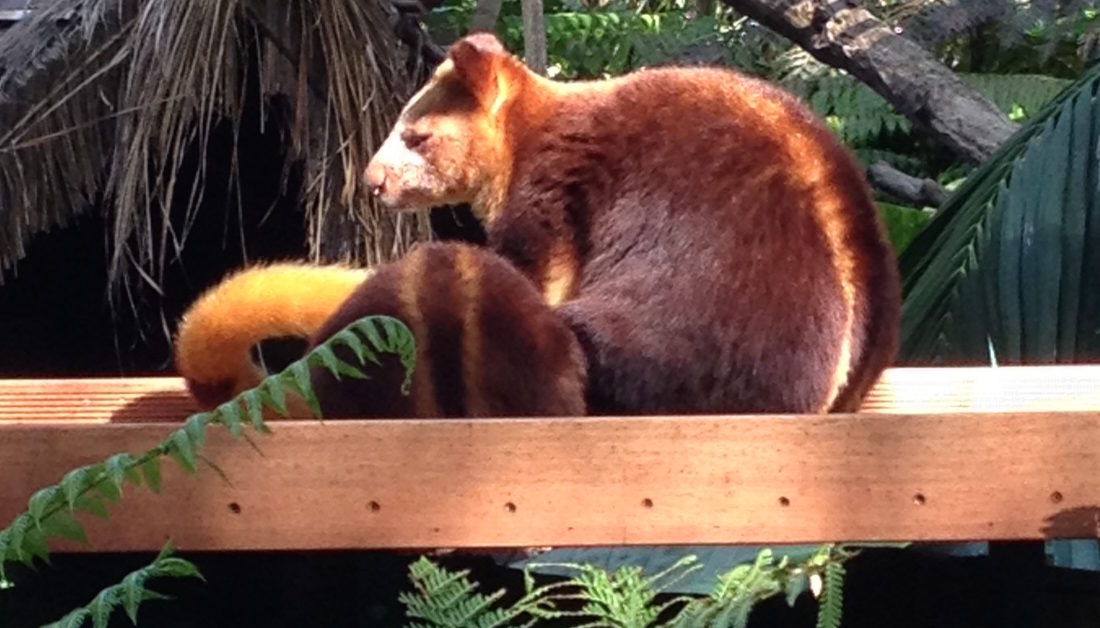WORMS IN THE WORKPLACE
For business the bottom line is often cost and return for any alternative processing other than regular bin collection

Posted on
6 January 2016Author
Peg DaviesCan big businesses process their organic waste easily and effectively?
Perth is a very spread out city and most of the organic processors are located on the outer edges. For business the bottom line is often cost and return for any alternative processing other than regular bin collection. The commercial organic processors need the material to be source separated and of sufficient volume to warrant a collection service.
Alcoa (bauxite mining and alumina refining operation) is an interesting mix of a main office (Booragoon), mine sites and refineries (about 50km south of Perth. Altogether there are 4500 employees with access to on-site canteens that generate about 50 cubic metres of organic waste each month.
In 1995 the idea of using left over lunch scraps through a worm farm system was developed. Currently at all company sites there is a 3 bin system for;- recyclables, general waste and organics (‘anything that once lived’). The organics are collected with the general waste pick up service and taken to one of the Alcoa sites near Pinjarra for extensive processing into compost and worm castings. This material includes all food scraps, paper towels, filter paper from labs, and lunch leftovers.
The organics loads are first tipped onto a large pile where some decontamination takes place (employees not getting that plastics and tins are not part of the organics stream!). A skid steer transfers loads to a compost pile, which is turned 3 times a week and watered. A mix of hydrocarbon soakings from the workshops, perlite growing medium and agar gel propagation mix are also added, all waste products generated by the business operations.
The piles are left to mature for 8-12 weeks and then either transferred to worm farms for more processing or mixed with local soil for a planting top-soil additive by the company landscapers. One full time staff person is required for day to day maintenance of the compost, worm farms and education displays.
There is a small garden made from materials (such as tyres, seating etc) on site and with soil/compost generated from the site facility. Local schools can include a visit to the worm/composting area in their tours. The education however is not just for the wider community. Employees need extensive in house instructions with a tour of the composting material to appreciate their role in the process.

The extra value for this project is to use the material in the business and on site. Most of the organic waste is made into compost but a few barrow loads along with soft fresh vege and fruit scraps are sent through the worm farms. For this processing to work, it must be easy (3 bin system ), economical (picked up with general waste service) and followed through passionately (dedicated staff at the worm area).
For information relating to this and other Alcoa sustainability activities click here

office and staff room organics compost for several weeks

waste as it arrives, ready for processing



